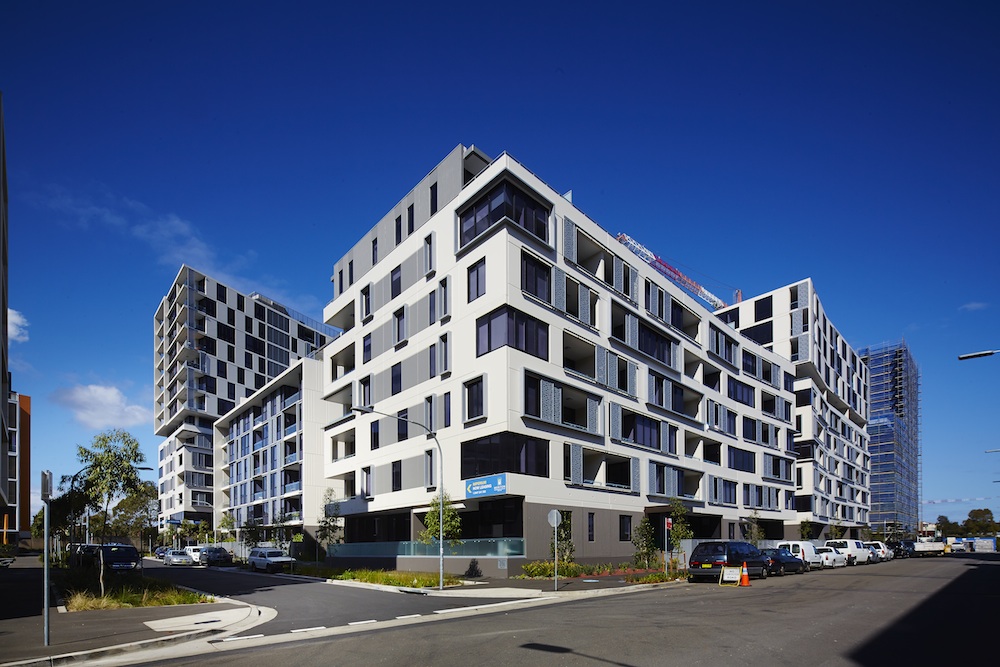Why you shouldn’t rely on rental yield

Rental yield is a measurement of potential future rental income on an investment, and is generally calculated as a percentage based on the investment’s cost or market value. Rental yield can be used to compare properties and ascertain which option is better.
In Australia, we’re seeing a rise in rental yields, and while a good indicator on a sound investment, an investor shouldn’t rely solely on this information to make purchasing decisions. Here are a few tips on why you shouldn’t rely on rental yield alone when it comes to your next investment decision.
Look beyond rental yield
Rental yield shouldn’t be seen as a guarantee of future growth by hopeful investors, as it is far too simplistic to provide a comprehensive overview of a property’s potential performance. As author of Real Estate Riches Dolf de Roos says, “are we talking gross or net returns? Pre-tax or after tax?”. De Roos goes on to explain that for residential real estate you have to remember to remove insurances, rates and maintenance costs to arrive at the net yield. This alone can often mislead investors. While yields provide some information about the property, it’s merely a snapshot in the overall property performance.
Use the resources available to you
Unlike rental yield, there are resources available to you that can paint a full picture of the property’s current, and potential performance. Many software programs have been developed to help analyse relevant data including vacancy rates, inflation, costs, insurances and maintenance, revealing anticipated yields as well as equity growth.
This level of sophistication is scarcely used by investors and landlords, which is unfortunate considering the true impact it could have on purchasing and investing decisions.
See the bigger picture
Although software can be pivotal in purchasing decisions, it is limited when it comes to individual circumstance or investor questions. There will always be additional factors or queries that a computer simply cannot answer, for instance, “should I invest in the Chinese market if I cannot speak Mandarin?” Each investor is going to have a unique set of circumstances, which is why engaging with a financial planner or with a local real estate agent will assist in making decisions that suit your situation.
Think about the future
Purchasing an investment property is a long-term strategy. Although analysing the current market performance is crucial upon purchase, it’s just as important to think about the future. When you’re weighing up your options it’s worth considering the following;
- Buying below market value
- Buying a property which can be renovated or upgraded
- Buying in an area with good capital growth potential
Rental yield, although worthwhile considering, is not the golden ticket to making a decision. Capital growth is equally as important as it will allow you to sell at a profit. Combining this with a renovation or substantial upgrade, will then allow you to increase the rent in the short term. If you successfully purchase a property in the right location, add value through renovation and therefore acquire capital growth, you’re more likely to be able to use this new equity to purchase another investment to replicate your success.
To discuss your investment options, contact CPS today.







